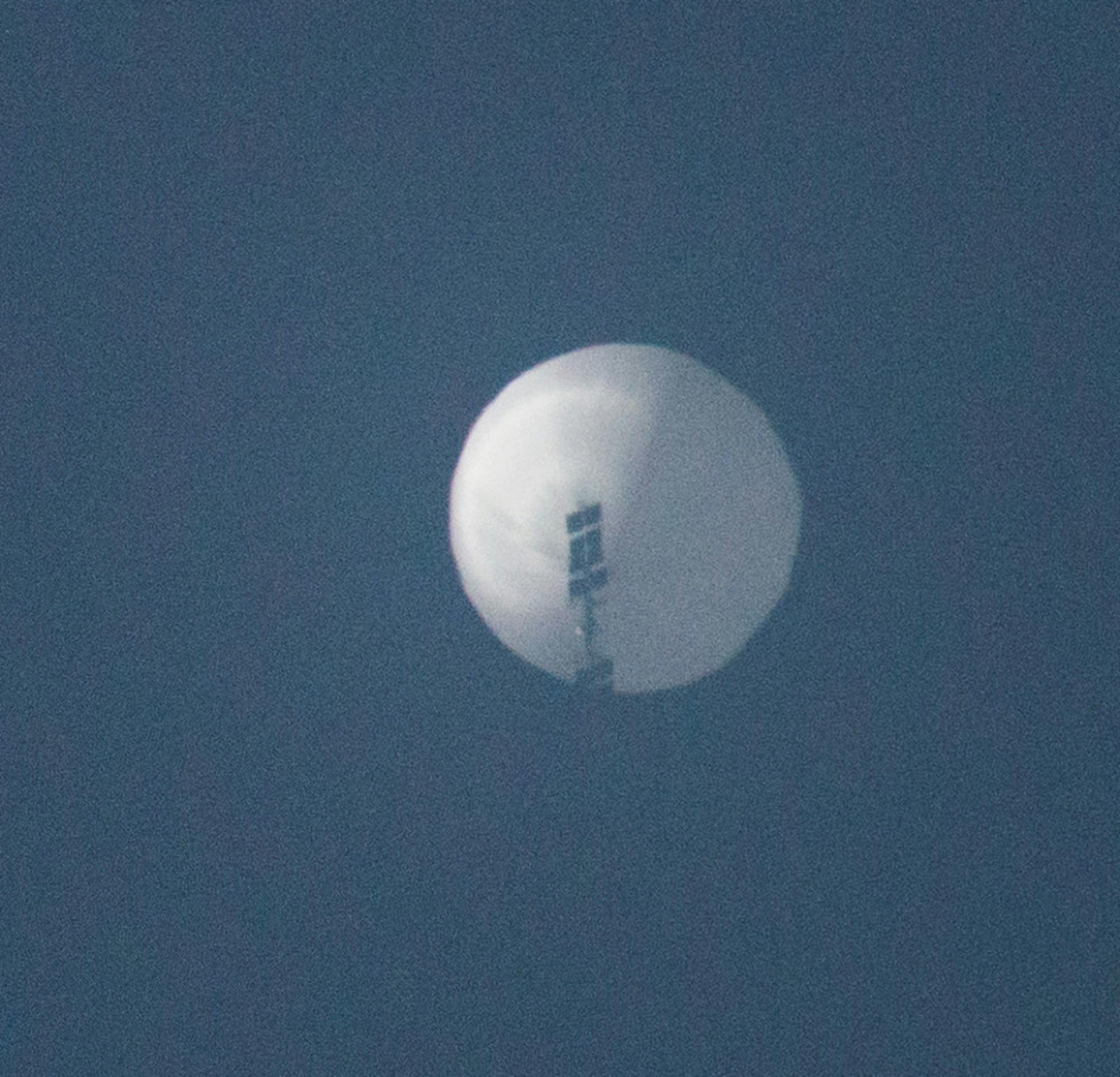The recent polar vortex left many of us indoors, glued to our screens and inevitably following a bizarre news story developing in the midwest. One headline read, “Suspected Chinese spy balloon spotted over Montana,” which then evolved when Mao Ning, a Chinese foreign ministry spokesperson, claimed that the flying object was a “civilian balloon” rather than a surveillance balloon; this claim is largely disproven by the technical features of the flying platform such as motors, propellers and a much larger diameter than a weather balloon that would fly at such high altitude. Most recently, an unidentified object was spotted flying over Alaska and another balloon over parts of Central and Latin America, with Ning admitting that the balloon flying over Central and Latin America was a “civilian airship.” The object flying over the coast of Alaska was shot down much more quickly than the first spy balloon; the U.S. military was made aware of its presence in the airspace on Thursday evening, and it was shot down midday on Friday. The spy balloon, which was first detected on Jan. 28, was shot down off the coast of South Carolina at the order of President Biden on Saturday. Will this lead to bullet holes permanently tattering U.S.-China relationships?
Secretary of State Antony Blinken had a trip to Beijing scheduled to depart late on Friday, Feb. 3. When news of the balloon broke, Secretary Blinken spoke with a senior Chinese diplomat and ultimately chose to postpone his visit until further notice. The trip would have marked an important reconciliation in the historically fraught diplomatic relationship between the United States and China. President Nixon was the first U.S. president to travel to mainland China while in office in February 1972. Twenty-nine years later, an American spy plane with 24 crew members unexpectedly collided with a Chinese fighter jet and left one pilot dead; however, in this situation, the U.S. was manning the reconnaissance mission in a contentious territory and was arguably responsible for the death. This crisis, known as the Hainan Island incident, along with general ideological disagreement, has led to tense U.S.-China relations since Nixon’s visit 51 years ago. China’s friendly relationship with known authoritarian states such as Russia has played a large part in fueling American skepticism toward Sino-American diplomacy.
When the Chinese balloon was first reported to Biden in U.S. airspace, he gave the order to shoot it down, a response meant to project strength toward the Chinese government. However, Biden was advised to hold off on shooting down the balloon, both out of interest for the safety of citizens and so that an optimal amount of intelligence could be collected from the debris. The sights of these spy balloons captured the interest of many individuals within the United States and abroad. Many armchair politicians believed they had substantive advice to give the U.S. government on the balloon when in reality, Biden’s approach was quite reasonable. Although it is possible that shooting down the balloon as soon as possible would have sent a stronger message to China, practical factors carry more importance than sending a message does in this situation.
This most recent incident shows that the Chinese government is not to be trusted and seems disinterested in any sort of diplomatic collaboration that doesn’t directly benefit China. Although global superpowers are prone to spying on each other, the fact the balloon was plainly visible to those looking up to the skies demonstrates the recklessness and impudence of a Chinese government that had previously acted more covertly. It is particularly telling to note that Chinese human rights abuses such as media and communication censorship, secretive practices surrounding the death penalty, limiting freedom of expression and the Uyghur genocide have been conducted in manners with less overt gall than the spy balloon incident. The U.S. government should not have tolerated these wrongdoings in the past, and this spy balloon incident should demonstrate to the world that China is becoming more openly aggressive, which is very worrying considering their already terrible record. Hopefully, this incident will prompt the U.S. government to reconsider its relationship with China and whether friendly diplomacy ought to be the gold standard.






